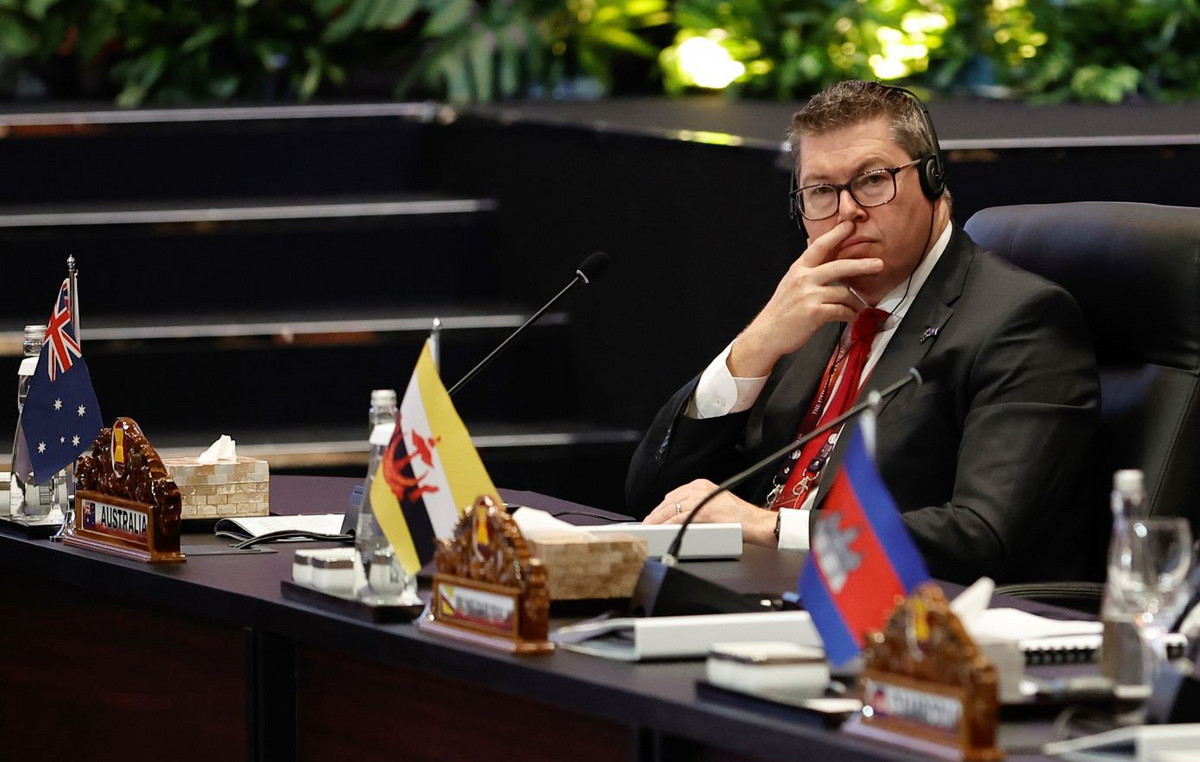The Japanese turned off neon signs, dimmed lights and turned off thermostats on Tuesday after the government issued an urgent appeal to save energy to avoid blackouts after an earthquake last week caused a severe power outage. .
Up to three million homes faced the threat of blackouts on Tuesday night as utility Tokyo Electric Power Co (Tepco) warned of tight supply and rising demand as snow fell in Tokyo and the temperature dropped to 2C.
But by the end of the night, the country seemed likely to avoid blackouts, the Ministry of Economy, Trade and Industry (METI) said.
Still, authorities were maintaining a power supply alert for Wednesday, public broadcaster NHK said, meaning the world’s third-largest economy could still face blackouts.
A similar warning for the northeast region has been lifted, NHK said.
A magnitude 7.3 earthquake last week off the northeast coast — the same region devastated by a 2011 earthquake and tsunami — temporarily cut power to about two million homes, including hundreds of thousands in Tokyo.
“At this rate, we are approaching a state where we will have to carry out power cuts similar to those that occurred after the earthquake,” Commerce Minister Koichi Hagiuda said on Tuesday.
The earthquake hit six thermal plants, knocking them out of operation in areas served by Tepco and Tohoku Electric Power Co. 9506.Tand the damage can leave some of them dormant for weeks or even months, Hagiuda said.
Chief Cabinet Secretary Hirokazu Matsuno previously urged residents of eastern Japan affected by the energy crisis to do their part, including lowering thermostats to around 20°C and turning off unnecessary lights.
Several users responded to the call. National broadcaster NHK dimmed the studio’s lights while electronics retailer Bic Camera 3048.T turned off about half of the televisions in dozens of its stores.
The 634-meter Tokyo Skytree tower turned off its lights for the entire day for the first time and operators at Tokyo Tower in the city center only lit the lower half.
Restart nuclear power
Retail giant Seven & I Holdings 3382.T said 8,500 7-Eleven stores had set their thermostats to 20°C — one degree cooler than normal — while their Ito-Yokado supermarkets were dimming their lights by 10%.
Nissan Motor 7201.T said he had been using an internal power generator for 13 hours at his factory north of the capital.
Many individual consumers also played their part.
“I use the heater a lot, so I will try to do my part to save energy,” said university student Shuntaro Ishinabe, 22.
Government spokesman Matsuno said the energy-saving call is unlikely to extend beyond Tuesday, given the expected rise in temperatures and the addition of more solar power generation as the weather improves.
Japan faces a difficult energy market since the 2011 earthquake and tsunami brought Tepco’s Fukushima Daiichi plant to a halt, causing the worst nuclear disaster since Chernobyl and leading to the suspension of operations at most of Japan’s nuclear reactors.
With energy prices rising on tight global supplies and the Ukraine crisis, Japan’s biggest business lobby, Keidanren, has been calling for a quick restart of nuclear plants.
“A sudden power outage causes a lot of problems, and I think the general public really felt the importance of energy security due to recent events,” said Keidanren President Masakazu Tokura.
“Given the greater trend towards becoming carbon neutral and reducing greenhouse gases, I believe there will be more difficulties unless we restart nuclear plants quickly.”
With information from Ritsuko Shimizu, Sakura Murakami, Irene Wang, Satoshi Sugiyama, David Dolan, Sam Nussey of Reuters
Source: CNN Brasil
I’m James Harper, a highly experienced and accomplished news writer for World Stock Market. I have been writing in the Politics section of the website for over five years, providing readers with up-to-date and insightful information about current events in politics. My work is widely read and respected by many industry professionals as well as laymen.







